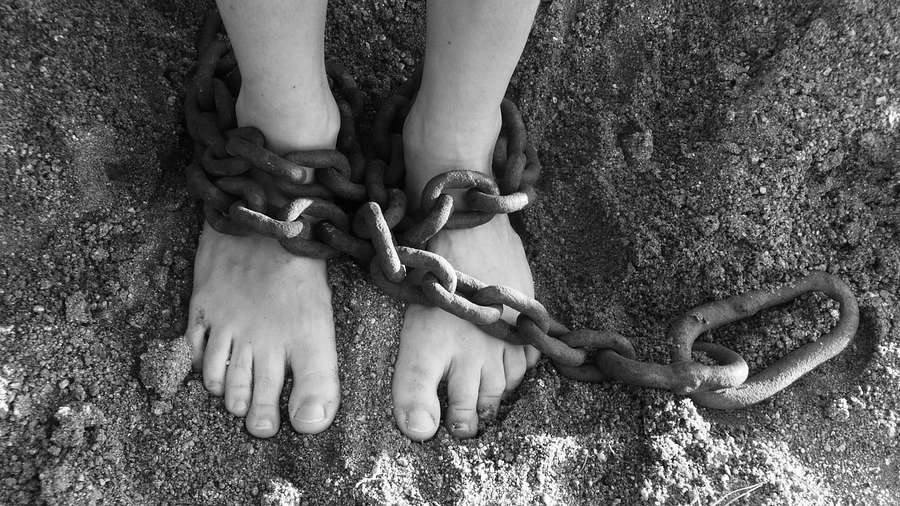So I have heard. At one time the Buddha was staying near Sāvatthī in Jeta’s Grove, Anāthapiṇḍika’s monastery. There the Buddha addressed the mendicants, “Mendicants!”
“Venerable sir,” they replied. The Buddha said this:
“There are, mendicants, these two faults. What two? The fault apparent in the present life, and the fault to do with lives to come.
What is the fault apparent in the present life? It’s when someone sees that kings have arrested a bandit, a criminal, and subjected them to various punishments—whipping, caning, and clubbing; cutting off hands or feet, or both; cutting off ears or nose, or both; the ‘porridge pot’, the ‘shell-shave’, the ‘Rāhu’s mouth’, the ‘garland of fire’, the ‘burning hand’, the ‘bulrush twist’, the ‘bark dress’, the ‘antelope’, the ‘meat hook’, the ‘coins’, the ‘caustic pickle’, the ‘twisting bar’, the ‘straw mat’; being splashed with hot oil, being fed to the dogs, being impaled alive, and being beheaded.
It occurs to them: ‘If I were to commit the kinds of bad deeds for which the kings arrested that bandit, that criminal, the rulers would arrest me and subject me to the same punishments. Afraid of the fault apparent in the present life, they do not steal the belongings of others. This is called the fault apparent in the present life.
What is the fault to do with lives to come? It’s when someone reflects: ‘Bad conduct of body, speech, or mind has a bad, painful result in the next life. If I conduct myself badly, then, when my body breaks up, after death, won’t I be reborn in a place of loss, a bad place, the underworld, hell?’ Afraid of the fault to do with lives to come, they give up bad conduct by way of body, speech, and mind, and develop good conduct by way of body, speech, and mind, keeping themselves pure. This is called the fault to do with lives to come.
These are the two faults.
So you should train like this: ‘We will fear the fault apparent in the present life, and we will fear the fault to do with lives to come. We will fear faults, seeing the danger in faults.’ That’s how you should train. If you fear faults, seeing the danger in faults, you can expect to be freed from all faults.”
Read this translation of Aṅguttara Nikāya 2.1 by Bhikkhu Sujato on SuttaCentral.net. Or listen on PaliAudio.com or SC-Voice.net. Or explore the Pali on DigitalPaliReader.online.
Or read in one of 16 modern languages.


 Copyright: Creative Commons Zero (CC0) To the extent possible under law, Bhikkhu Sujato has waived all copyright and related or neighboring rights to his own translations on
Copyright: Creative Commons Zero (CC0) To the extent possible under law, Bhikkhu Sujato has waived all copyright and related or neighboring rights to his own translations on